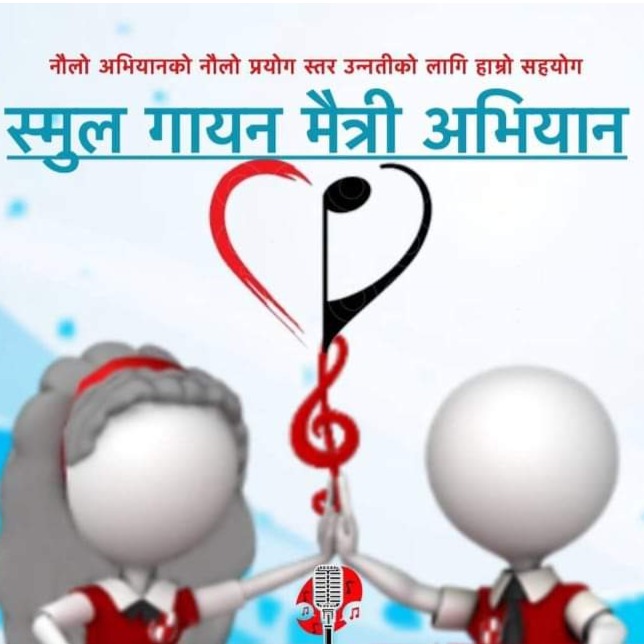


The first line of every verse is important, but the first line of the first verse is arguably the most important line in the song.If it's about a general life event (like a breakup), you can play around with the order of events a little more so that each verse builds toward the chorus. If your song is about an actual, dated event (like the death of someone important to you), then chronological arrangement is the most logical. Either way, you might need to play around with the structure of the verses to find an arrangement that works the best for your song. Your verses might describe the central event chronologically (in the order that that event unfolded), or your verses might be more a general meditation on the event that led to your emotional reaction. X Research sourceįind the right arrangement. This will help further bring the song to life by making it all about that event. Describe the weather, or the time of year, or what someone in the song was wearing. It will also lend a lot of emotion and meaning to the verses, and might make them even more relatable. Don't use generic descriptions like "lonely" or "beautiful." Try to be as unique as possible, as this will make your song stand out from others on the same subject.Even if a reader has lost someone, she probably hasn't fell to her knees in the mud on a cold November morning, for example. These kinds of specific details take an otherwise generic event and make it personal. For example, in a line that describes you falling on your knees while crying after losing someone, you might describe the way the ground felt under your knees, or how the wind felt blowing on your back. You can use strong, captivating adjectives and adverbs to build off of your imagery while also adding to it. Either way, it will only make your song stronger in the end. It might help you determine what the proper course of events would be, or it might simply get more ideas down on paper. If you're having trouble writing the narrative verses of your song, try writing a very short story about your song's subject.You should be able to come up with some concrete, descriptive action phrases. If you're having a hard time with the action of the verses, look back at your original list, read over your chorus, and think about the central subject of your song.It's more powerful to hear a lyric like, "I write your name inside of every single heart I see" than to simply say "I love you." Saying "I love you" in a love song risks being boring to the audience, whereas some descriptive action that indicates love is much more meaningful.

The old writing adage "show, don't tell" applies to songwriting as well.Action also helps you show the reader what you're thinking or feeling without having to explicitly speak your thoughts/feelings. One of the most important components of a song verse is the action that drives the song's story. Now that you have a subject and your reaction to it, you'll need to more-or-less narrate the events that led to your reaction. A protest song whose verses detail/narrate some social event (say, for example, the execution of an innocent person who's been wrongfully accused) should have a chorus that deals with what it all means - it may contain outrage, horror, grief, or something else entirely, but it functions as a sort of condensed reaction to the subject.ĭetermine the action.The verses may narrate how that heartbreak came about, but the chorus should be very emotional, image-based, and/or contain your reaction to the fallout of the relationship. In a song about heartbreak, for example, the chorus should talk about the emotional reaction to losing someone.Even though you haven't written the verses yet, your chorus at this point should still describe a clear reaction to whatever the song is about. Thematically, the chorus should basically condense your emotional reaction to the events, people, or places mentioned in the verses. Once you have a few lines of the chorus, see if it all makes sense as a whole.


 0 kommentar(er)
0 kommentar(er)
